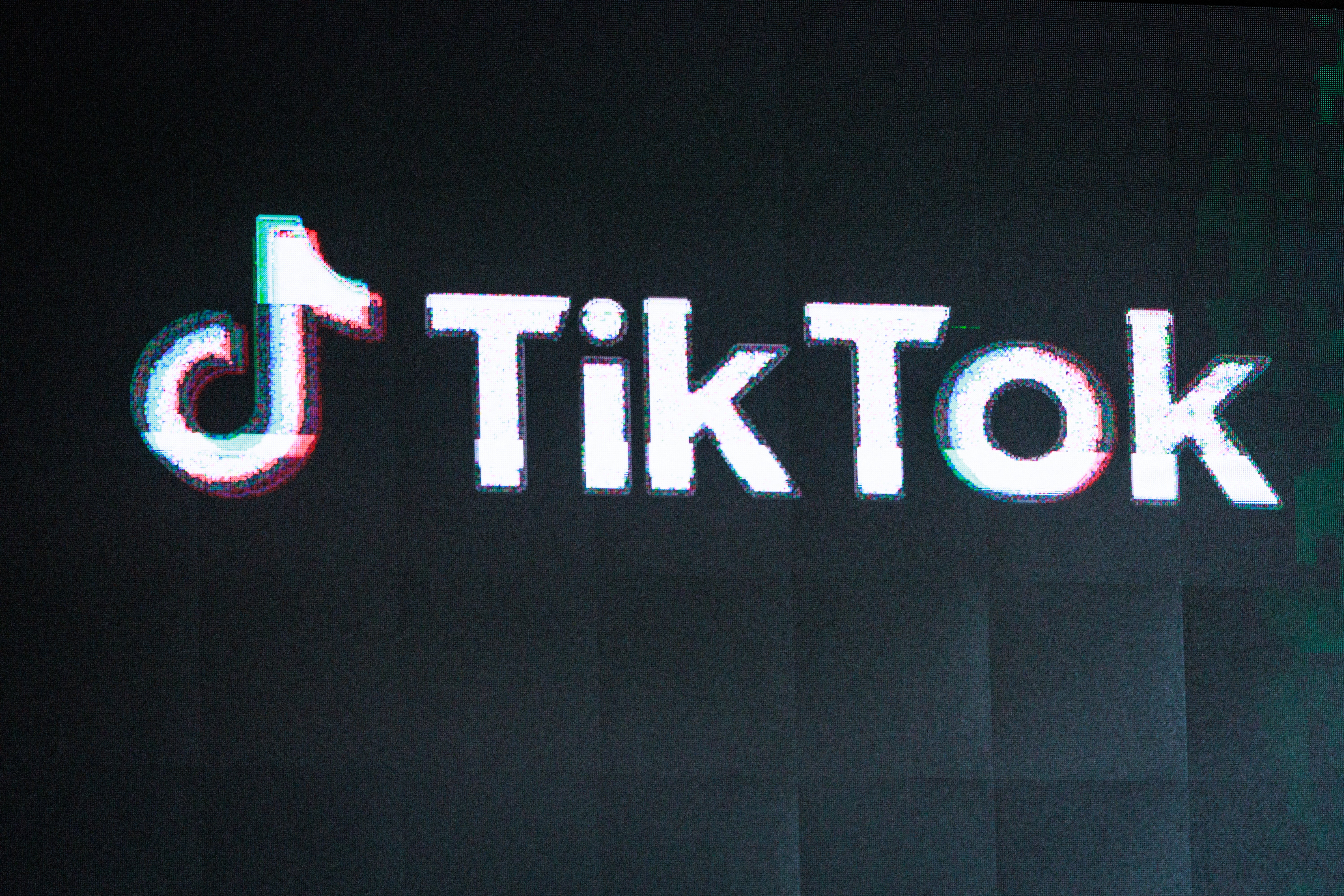TikTok warns of total ban in the US after decisive vote fast-tracked
‘This legislation has a predetermined outcome: a total ban of TikTok in the United States,’ the Chinese-owned app says

TikTok is facing a total ban in the US after lawmakers fast-tracked a vote on whether to crackdown on the Chinese-owned app.
Since launching more than seven years ago, TikTok has amassed more than 170 million users in the US, making it the largest audience outside of China for the ByteDance-owned app.
The video-sharing app’s popularity has raised concerns among politicians, privacy advocates and security agencies. The FBI warned last year that TikTok could be used to spread harmful propaganda due to ByteDance’s alleged ties to the Chinese government.
The US has already implemented a partial ban on TikTok, with various federal and state regulations blocking government workers and military personnel from using the app on official devices.
It is one of dozens of countries to have similar limitations in place, while several countries have issued an outright ban nationwide.
The US House of Representatives will vote next week on legislation that would give China’s ByteDance six months to divest from short video app TikTok or face a US ban after a committee unanimously approved the measure on Thursday.
The Energy and Commerce Committee 50-0 vote represents the most significant momentum for a US crackdown on TikTok since then President Donald Trump unsuccessfully tried to ban the app in 2020.
Prior efforts had stalled over the last year amid heavy lobbying by the company.
House Majority Leader Steve Scalise said on X, formerly Twitter, that lawmakers will vote next week “to force TikTok to sever their ties with the Chinese Communist party.”
TikTok, which says it has not and would not share US user data with the Chinese government, argues the bill amounts to a ban and it is not clear if China would approve any sale, or that it could be divested in six months.
“This legislation has a predetermined outcome: a total ban of TikTok in the United States,” the company said after the vote. “The government is attempting to strip 170 million Americans of their Constitutional right to free expression.”
The bill would give ByteDance 165 days to divest TikTok; if it did not, app stores operated by Apple, Google and others could not legally offer TikTok or provide web hosting services to ByteDance-controlled applications.
White House press secretary Karine Jean-Pierre on Wednesday praised the proposal, saying the administration wants “to see this bill get done so it can get to the president’s desk.”
TikTok users in the US received a pop-up message from the app on Thursday, urging them to contact their representative and request they vote against the ban.
“This will damage millions of businesses, destroy the livelihoods of countless creators across the country, and deny artists an audience,” the message stated.
“Let Congress know what TikTok means to you and tell them to vote NO.”
The campaign saw users flood Capitol Hill with phone calls urging lawmakers not to back the measure, according to some representatives.
TikTok responded in a post to X: “Why are Members of Congress complaining about hearing from their constituents? Respectfully, isn’t that their job?”
Additional reporting from agencies.
Join our commenting forum
Join thought-provoking conversations, follow other Independent readers and see their replies
0Comments